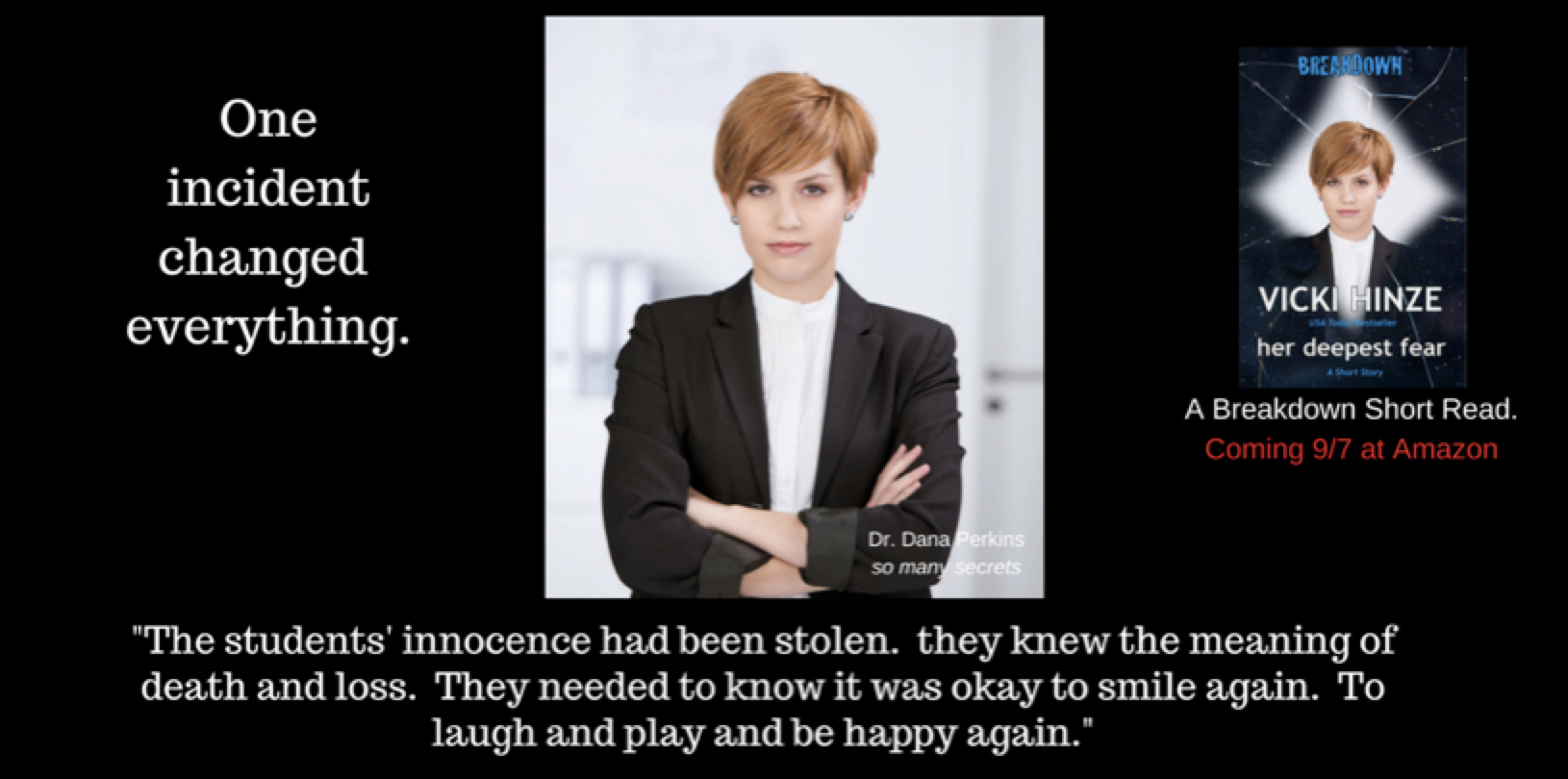One Incident Changed Everything–Twice
Death and loss and grief impact us in different ways but the burden is always a heavy one. We struggle with healing, with feeling normal or even letting light penetrate the veil of darkness that enshrouds us.
No one is immune from the effects of death or loss. No one escapes the trials and burdens of grief. As adults, we struggle. But for children the burdens are in ways even heavier and more confusing. Most don’t fully understand the finality of death. Children are young and inexperienced and most things are new and different to them. So too is death and loss.
When death or loss occurs as a result of violence, for most kids, that too is a new and different experience. Parents and caregivers typically do their best to shield children from those harsh realities. When the death or loss happens in their presence, kids are as shocked and as terrified as adults. They lack the coping skills of older people who have had more experience at coping, so the kids look to adults they trust to see how they should react to the event, to death, and to loss.
It’s been said that kids learn what they live. There’s a lot of wisdom in that. They also learn from those they trust and how those people react. If a parent or trusted one reacts well, the child will take cues and react well. If the adult does not, the child will follow that lead.
After a tragedy, children need information and tools. To know it’s okay to be sad. To miss the person who has died. To heal, and recover, and continue on with life. They need to know that it is okay to laugh and play and be happy again. That it is not an insult to the person no longer there. They need to know that life goes on, as it has and will in the future.
With grief typically comes guilt. For smiling again. For going a whole day without thinking of the departed. For feeling happy. For some, they feel guilty that they survived while others died. Especially if they were responsible for the departed’s safety.
The emotions that come with death and grief are harsh, merciless and few escape them. Striving for perspective is a struggle and a journey. But we make it. At first, the pain of loss is such a shock, so intense, we feel we’re ripping apart inside. Rightly or wrongly, we regret everything we did or didn’t do. We buckle under the weight of what ifs or I wish I had, and our souls cry for just five more minutes with that person, for one chance to change something, anything and cheat death.
With time, the numbness of shock wears off, and we grind through all that to acceptance. We adjust. And we ache. But we go on, and one day we see the sunshine and don’t curse it as being arrogant for daring to shine when we’re in such a dark place. We hear laughter and aren’t appalled by it but intrigued to see what brought that joy. In other words, we crawl out of the dark abyss of grief and rejoin the world of the living. That too can make us feel guilty. Make us question whether or not we deserve more life. We do, and eventually we accept that and we do recreate our life and go on. We don’t forget, but we do move forward and live.
Some say we grieve a year. That we should give ourselves that long to process it. I say dates on a calendar don’t dictate any of the stages of grief. That’s a gauge, but not the way it works out for everyone. We do have to work at it. We do have to sometimes make ourselves get up and keep getting up and going on. But the second time we do is easier than the first, and the twentieth time is easier than the nineteen times before it. We get better at coping. And we must. Otherwise we condemn ourselves into living in the grief abyss.
 In Her Deepest Fear, Dr. Dana Perkins experiences a life-shattering event that changed her forever. The story is about that event and how it impacted her and those around her. It drove her to a fresh start she needed more than wanted. And that need is what took her to Shutter Lake in So Many Secrets. It was supposed to be crime-free–the perfect town. And it is for seven years. And then Sylvia Cole is murdered. And that one incident changes everything for Dana. Again.
In Her Deepest Fear, Dr. Dana Perkins experiences a life-shattering event that changed her forever. The story is about that event and how it impacted her and those around her. It drove her to a fresh start she needed more than wanted. And that need is what took her to Shutter Lake in So Many Secrets. It was supposed to be crime-free–the perfect town. And it is for seven years. And then Sylvia Cole is murdered. And that one incident changes everything for Dana. Again.
 For the second time in Dana’s life, one incident changed everything. For adults and kids, friends and neighbors. But Dana is not now the same woman she was the first time. She has filled her coping toolbox and she now knows that one incident–for the first or second or tenth time–no matter how difficult and challenging it is, does not have to be destructive or disruptive forever. If you have the courage to seek the truth, no matter the personal costs, you can find answers. You might also find out that the perfect town isn’t so perfect. That your friends and neighbors aren’t exactly who you thought they were. And you might be stunned at exposing so many secrets, but courage and truth can see you through. Can help you not fail to protect others this time, which helps you protect and preserve yourself.
For the second time in Dana’s life, one incident changed everything. For adults and kids, friends and neighbors. But Dana is not now the same woman she was the first time. She has filled her coping toolbox and she now knows that one incident–for the first or second or tenth time–no matter how difficult and challenging it is, does not have to be destructive or disruptive forever. If you have the courage to seek the truth, no matter the personal costs, you can find answers. You might also find out that the perfect town isn’t so perfect. That your friends and neighbors aren’t exactly who you thought they were. And you might be stunned at exposing so many secrets, but courage and truth can see you through. Can help you not fail to protect others this time, which helps you protect and preserve yourself.
Helps you to bend and not break.
And that is an important lesson for us all in the power of any one incident.
Blessings,
Vicki, duly nudged and instructed by Dana
P.S. Click on the covers to learn more about the books.
Get Fear Get Secrets





